Unveiling the World of Jewelry Education: A Comprehensive Guide to Local Schools
Related Articles: Unveiling the World of Jewelry Education: A Comprehensive Guide to Local Schools
Introduction
With enthusiasm, let’s navigate through the intriguing topic related to Unveiling the World of Jewelry Education: A Comprehensive Guide to Local Schools. Let’s weave interesting information and offer fresh perspectives to the readers.
Table of Content
Unveiling the World of Jewelry Education: A Comprehensive Guide to Local Schools
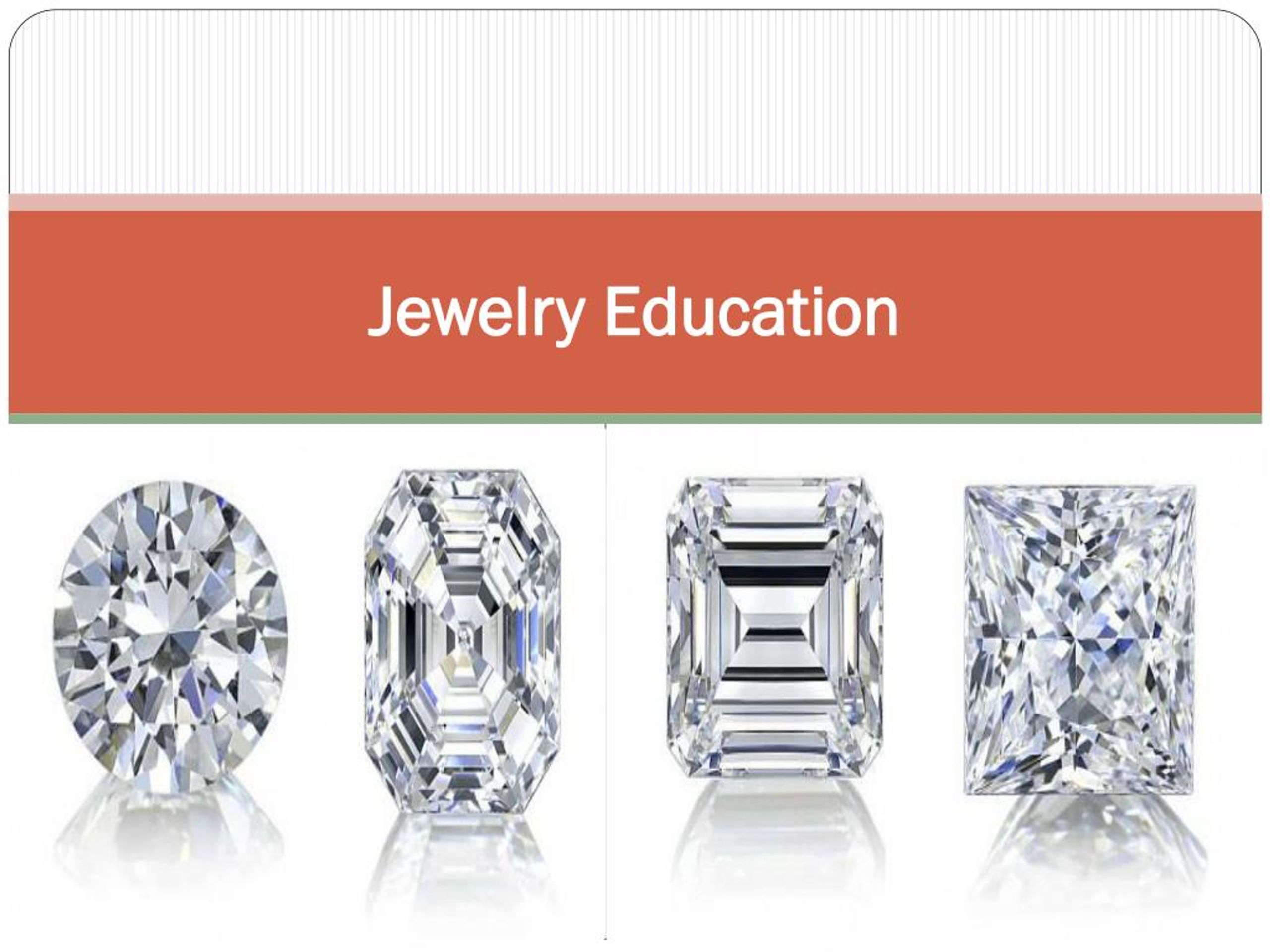
The allure of jewelry transcends mere adornment. It embodies artistry, craftsmanship, and the power to express personal narratives through intricate designs and precious materials. For those captivated by this world, pursuing formal education at a jewelry school can unlock a path to fulfilling a passion, mastering a craft, and embarking on a rewarding career.
This comprehensive guide delves into the landscape of jewelry schools near you, providing insightful information to help you navigate the selection process and make an informed decision.
Understanding the Importance of Jewelry Education:
Jewelry schools offer a unique blend of technical proficiency and creative expression. They provide a structured environment where students can:
- Develop Essential Skills: From metalworking and gem setting to design principles and CAD software, jewelry schools equip students with the fundamental skills necessary to excel in the field.
- Cultivate Artistic Vision: Through hands-on projects and mentorship from experienced instructors, students learn to translate their creative ideas into tangible pieces of jewelry.
- Explore Diverse Techniques: Students are exposed to a wide range of techniques, including traditional methods like casting and soldering, and modern techniques like 3D printing and laser cutting.
- Build a Professional Portfolio: The coursework and projects undertaken at jewelry schools form the foundation for a compelling portfolio that showcases a student’s skills and artistic vision.
- Network with Industry Professionals: Jewelry schools often host workshops, guest lectures, and industry events, providing students with valuable networking opportunities.
Choosing the Right Jewelry School for You:
Selecting the right jewelry school requires careful consideration of individual goals, interests, and learning styles. Here are key factors to evaluate:
1. Curriculum and Programs:
- Program Length: Jewelry programs vary in length, ranging from short-term certificate courses to longer associate’s or bachelor’s degree programs. Determine the level of commitment you are willing to make and the depth of knowledge you seek.
- Specialization: Some schools offer specialized programs in specific jewelry disciplines, such as goldsmithing, silversmithing, or gemstone setting. Identify your area of interest and choose a program that aligns with your aspirations.
- Course Content: Review the curriculum to ensure it covers the skills and techniques you desire to learn. Look for courses that address design principles, materials science, fabrication methods, and business aspects of the jewelry industry.
2. Faculty and Mentorship:
- Instructor Expertise: The caliber of the faculty is paramount. Seek out schools with experienced instructors who have a strong track record in the jewelry field. Look for individuals with industry experience, teaching credentials, and a passion for sharing their knowledge.
- Mentorship Opportunities: A supportive mentorship program can significantly enhance your learning experience. Inquire about the availability of one-on-one guidance, feedback sessions, and opportunities to collaborate with instructors on projects.
3. Facilities and Resources:
- Studio Space: A well-equipped studio is essential for developing your skills. Assess the availability of dedicated workspaces, specialized tools, and sufficient equipment for your chosen craft.
- Materials and Supplies: Inquire about the school’s policies regarding materials and supplies. Some schools provide access to a shared materials library, while others require students to purchase their own materials.
- Library and Research Resources: A comprehensive library and access to online resources are valuable for research, design inspiration, and staying abreast of industry trends.
4. Career Support and Networking:
- Career Services: Explore the school’s career services offerings, such as resume writing assistance, job placement support, and industry networking events.
- Alumni Network: A strong alumni network can provide valuable connections and mentorship opportunities.
- Industry Partnerships: Schools with industry partnerships often offer internships, guest lectures, and opportunities to collaborate with established jewelry designers and businesses.
5. Location and Cost:
- Proximity and Accessibility: Consider the location of the school in relation to your home, work, and other commitments.
- Tuition and Fees: Compare tuition costs across different schools and factor in additional expenses such as materials, tools, and housing.
- Financial Aid and Scholarships: Inquire about available financial aid options, scholarships, and grants to help offset tuition costs.
Frequently Asked Questions (FAQs):
Q: What are the typical entry requirements for jewelry schools?
A: Entry requirements vary depending on the program and school. Common requirements include a high school diploma or equivalent, a portfolio of artwork (for degree programs), and a letter of intent.
Q: How long does it take to complete a jewelry program?
A: The duration of jewelry programs can range from a few weeks for certificate courses to several years for associate’s or bachelor’s degrees.
Q: What are the job opportunities after graduating from a jewelry school?
A: Graduates can pursue careers as:
- Jewelry Designers: Create original jewelry designs and oversee the production process.
- Goldsmiths: Specialize in working with gold and other precious metals.
- Silversmiths: Focus on working with silver and creating silver jewelry.
- Gemstone Setters: Set gemstones into jewelry pieces.
- Jewelry Makers: Create and sell handmade jewelry.
- Jewelry Retailers: Work in jewelry stores, providing customer service and expertise.
- Jewelry Appraisers: Evaluate the value of jewelry pieces.
Q: What are the benefits of studying jewelry at a school?
A: Studying jewelry at a school provides:
- Structured Learning: A comprehensive curriculum and experienced instructors guide your learning journey.
- Hands-On Experience: Practical training allows you to master essential techniques and develop your skills.
- Industry Connections: Networking opportunities with professionals and alumni can lead to career advancement.
- Career Preparation: Schools often provide career services and resources to help you launch your career.
Q: Can I learn jewelry making online?
A: Online courses can be a valuable supplement to traditional jewelry education. However, they may not offer the same level of hands-on experience and personalized feedback as in-person programs.
Tips for Success in Jewelry School:
- Be Prepared to Work Hard: Jewelry making requires dedication, patience, and a willingness to learn.
- Develop a Strong Work Ethic: Attend classes regularly, complete assignments on time, and practice your skills outside of class.
- Seek Feedback and Guidance: Don’t hesitate to ask your instructors for feedback and guidance.
- Network with Fellow Students: Collaborate on projects, share ideas, and support each other’s learning.
- Stay Inspired: Visit museums, galleries, and jewelry stores to find inspiration for your designs.
- Be Open to New Ideas: Experiment with different techniques and materials to expand your creative horizons.
Conclusion:
A jewelry school offers a unique and rewarding pathway to pursue your passion for this intricate art form. By carefully considering your goals, evaluating school programs, and embracing the learning process, you can embark on a journey of artistic discovery, technical mastery, and professional growth. Whether you aspire to become a skilled artisan, a creative designer, or a successful entrepreneur in the jewelry industry, a quality jewelry school can provide you with the knowledge, skills, and connections needed to achieve your aspirations.

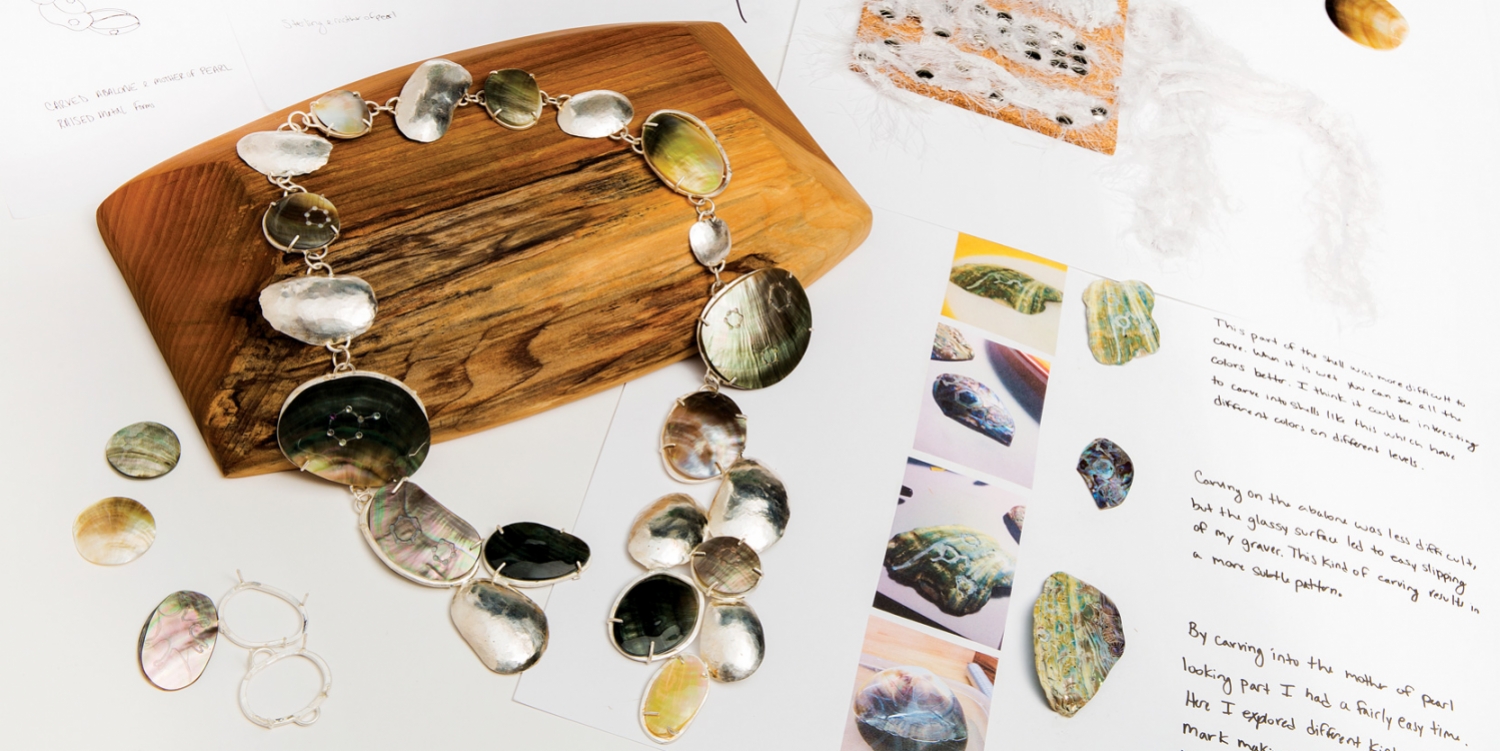
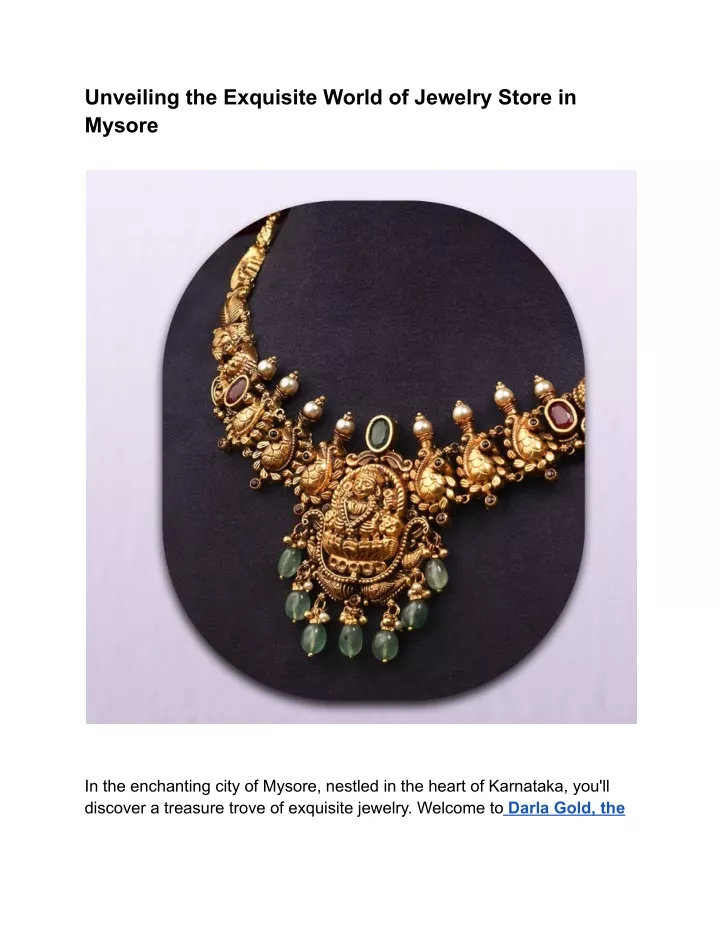
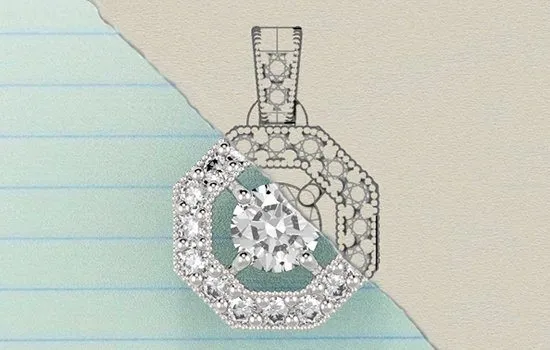


![]()
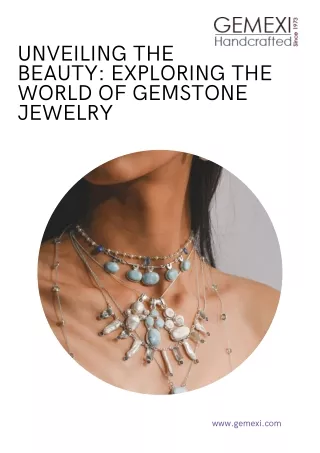
Closure
Thus, we hope this article has provided valuable insights into Unveiling the World of Jewelry Education: A Comprehensive Guide to Local Schools. We hope you find this article informative and beneficial. See you in our next article!
